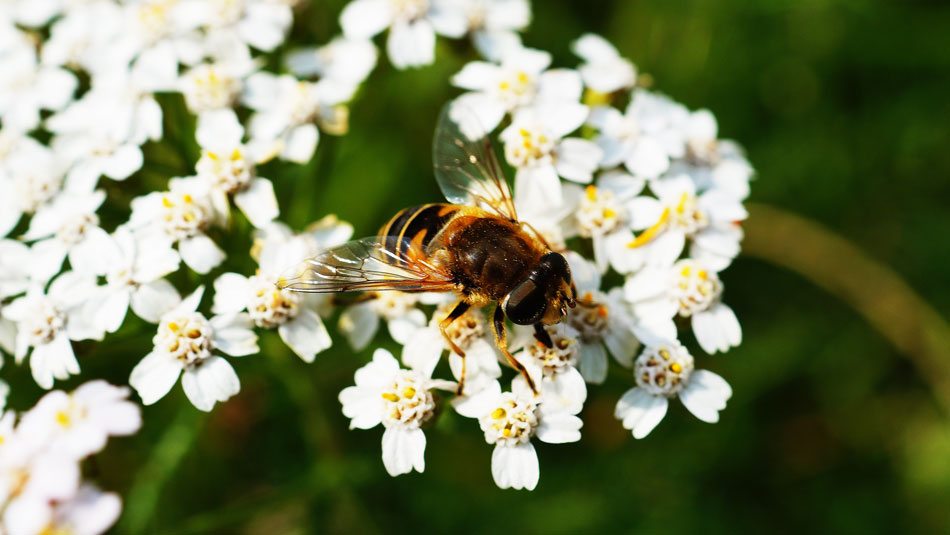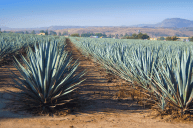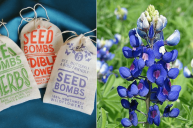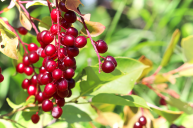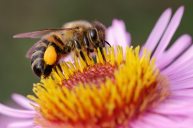There's a lot of buzz about the world's bee population lately. On one end, you have people who are terrified of the small, winged creatures. While they may seem relatively harmless to the uninformed, bees can actually be incredibly lethal. Although bees can indeed be deadly, it turns out that their safety may be in much more peril than ours. Further, foods like strawberries, avocados, and broccoli may be in danger, too.
Standing in stark opposition to bee-fearing people, groups like Greenpeace are backing campaigns to save America's bee colonies from untimely destruction. So just what's happening to the bee population, and what does it mean for those of us who love to eat food? What will happen to brunch dishes without our beloved avocados?
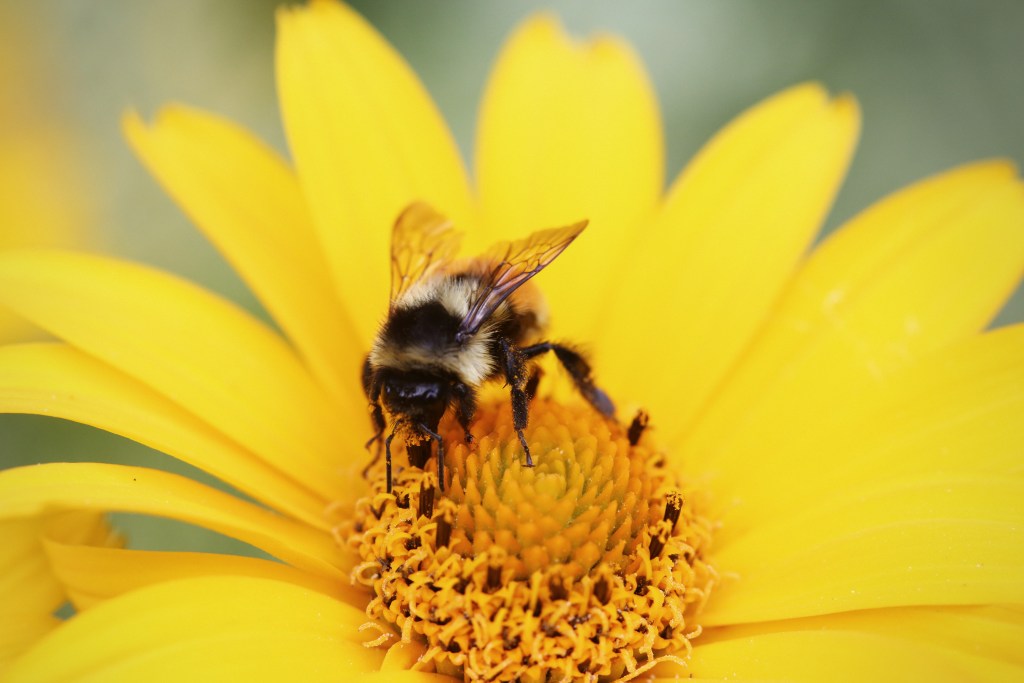
According to Greenpeace's "Save the Bees" campaign,
"Honey bees—wild and domestic—perform about 80 percent of all pollination worldwide. A single bee colony can pollinate 300 million flowers each day. Grains are primarily pollinated by the wind, but fruits, nuts, and vegetables are pollinated by bees. Seventy out of the top 100 human food crops—which supply about 90 percent of the world's nutrition—are pollinated by bees."
With so much of our food requiring a large, thriving bee population for pollination, you can clearly see how our kitchens and, more importantly, our stomachs depend on bees for survival. Sure, they may sting us every now and again, but this is certainly an instance of the good far outweighing the bad.
An article by The Telegraph cites a prediction made by Einstein decades ago. "Albert Einstein, who liked to make bold claims (often wrong), famously said that 'if the bee disappeared off the surface of the globe, man would have only four years to live.'" It turns out that he may have been right. For a bit of perspective on the potency of this issue, note that the same article says that the damage pesticides are doing to our bee colonies is "a more immediate threat than global warming."
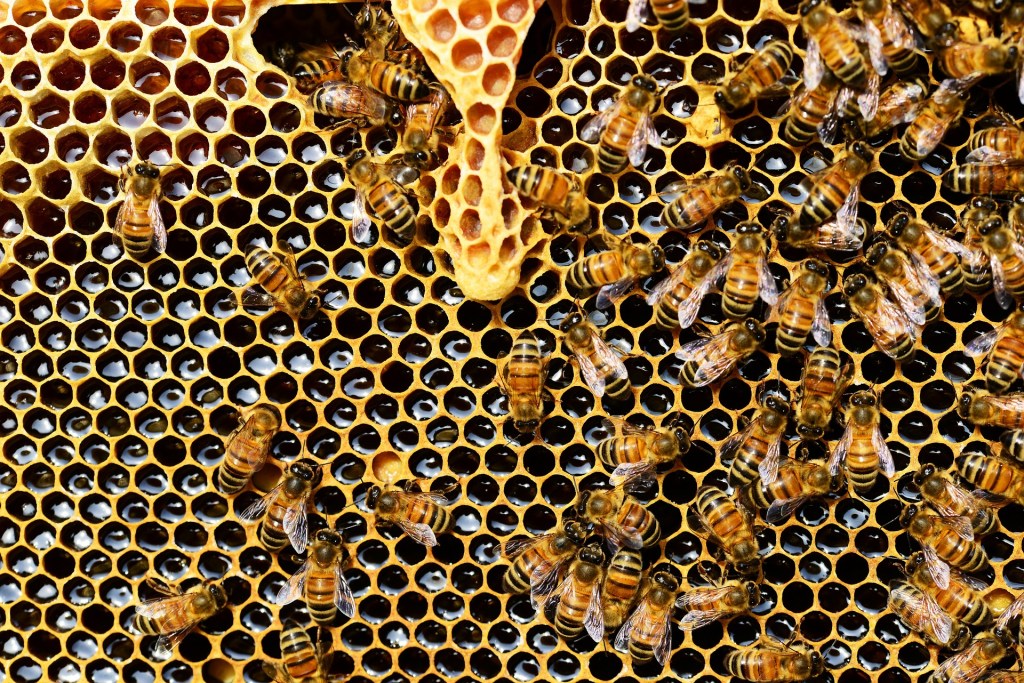
Other than honey, the list of foods that we'll lose if we continue killing our bees is vast. It includes, but certainly isn't limited to: apples, avocados, beets, bell peppers, blackberries, broccoli, cashews, celery, cocoa, coffee, grapes, green beans, mangoes, peaches, pears, strawberries, onions, tomatoes, and walnuts.
So what can you do to save the critters responsible for the welfare of the foods you love? Greenpeace's "Save the Bees" campaign says that banning the seven most dangerous pesticides, protecting pollinator health by preserving wild habitat, and restoring ecological agriculture are the necessary steps to helping our bee population thrive again. If you don't want to lose the best kitchen helper you didn't know you had (or avocados), consider taking action today.
